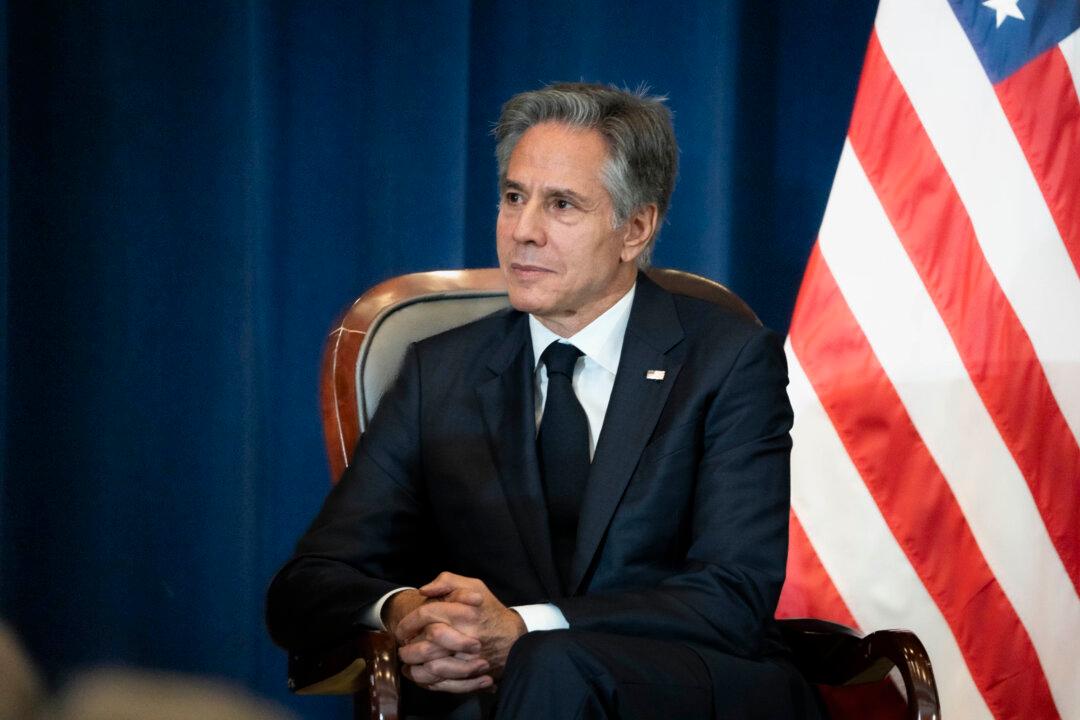Secretary of State Antony Blinken sidestepped pointed questions on Sunday over Elon Musk’s decision not to provide Ukraine his Starlink access for a submarine drone attack against Russian naval vessels last year.
During an appearance on CNN, Mr. Blinken was asked by host Jake Tapper whether there would be “repercussions” for the SpaceX founder after he “effectively sabotaged a military operation by Ukraine, a U.S. ally, against Russia, an aggressor country that invaded a U.S. ally.”




